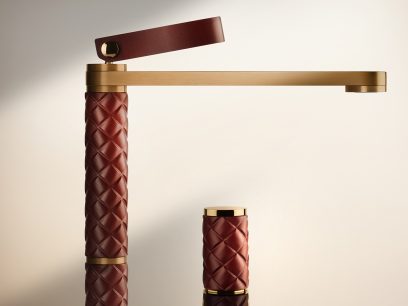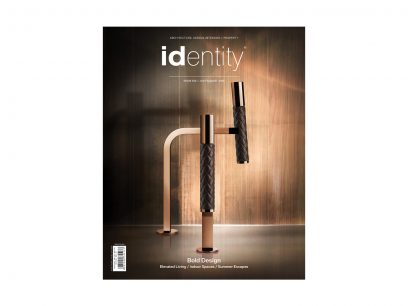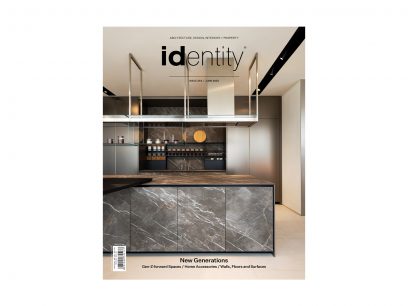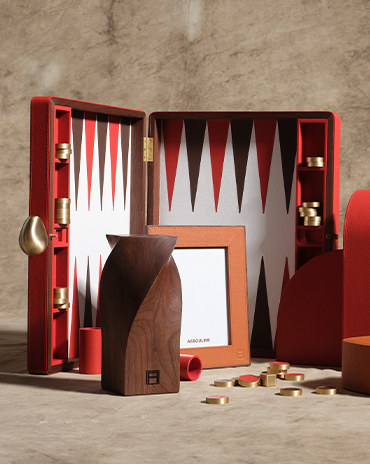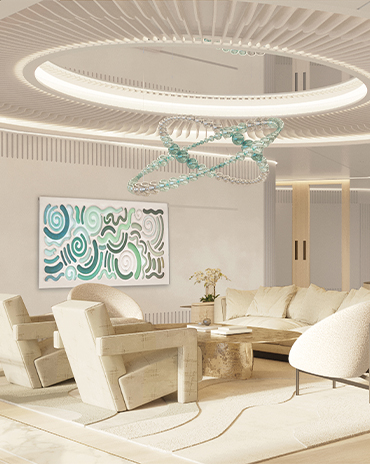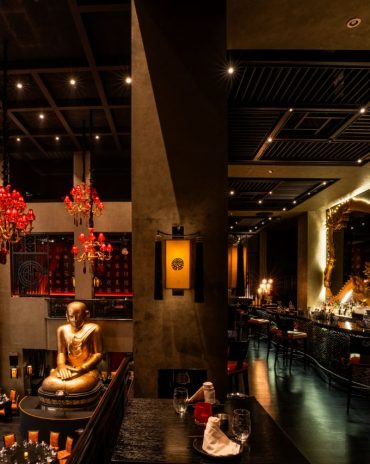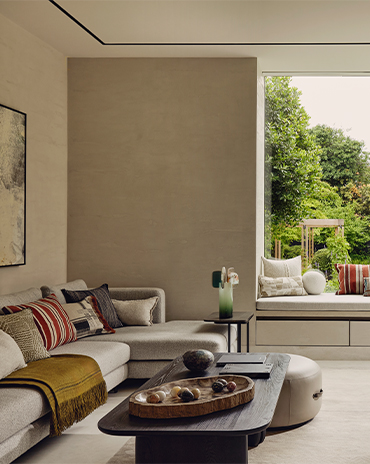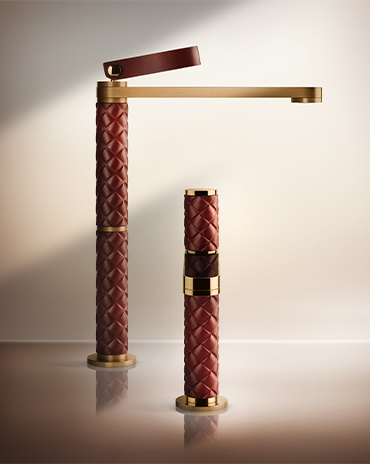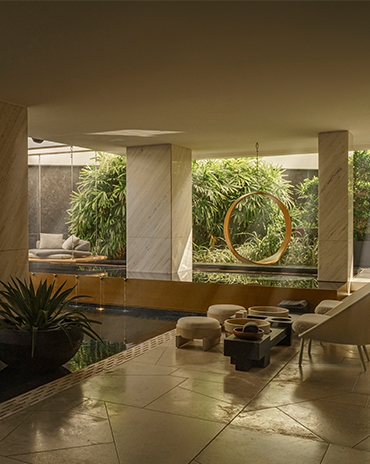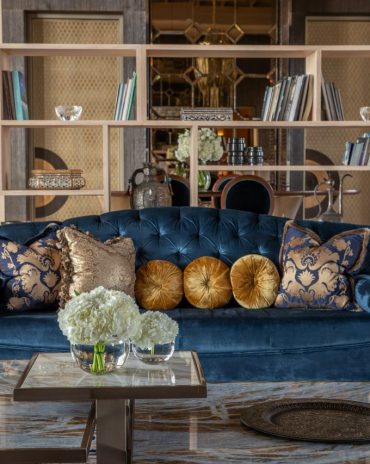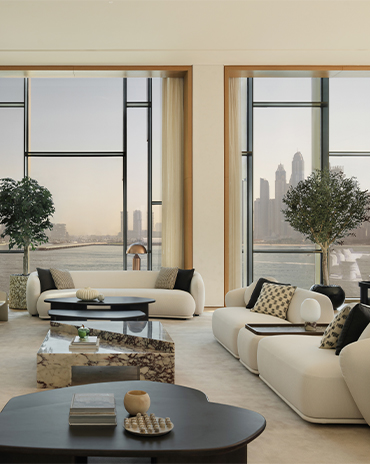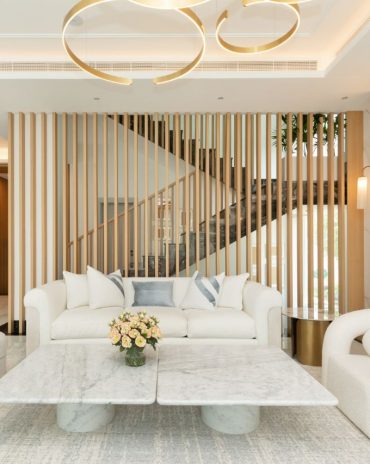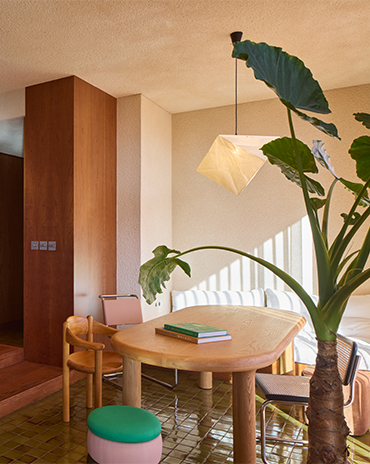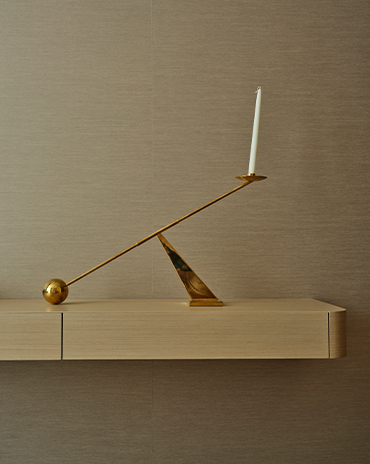Copyright © 2025 Motivate Media Group. All rights reserved.
Myles Igwebuike’s furniture designs are an homage to his Igbo heritage
Igwebuke is in pursuit of showcasing the diversity of African design
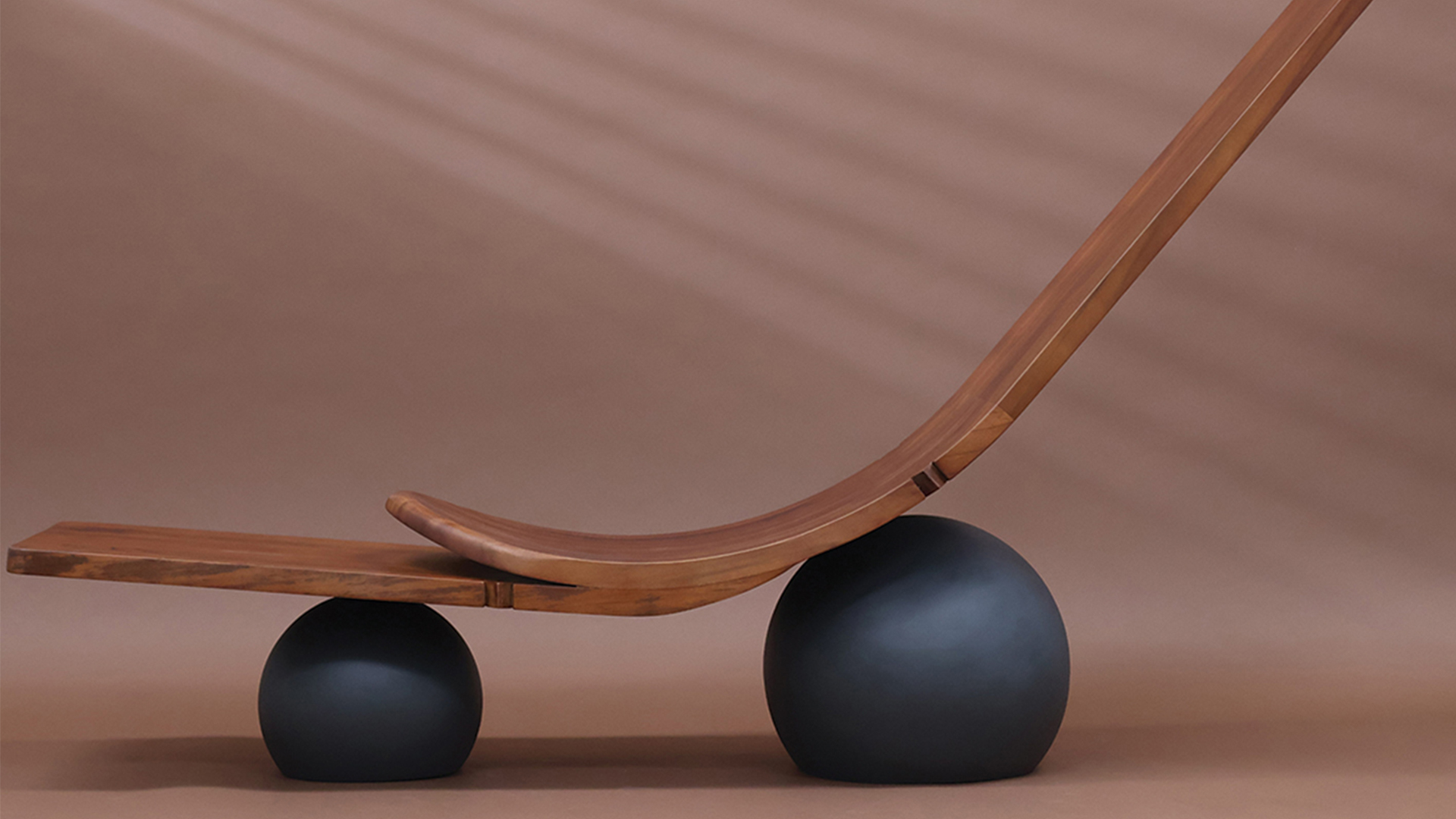
Nteje Studios – founded by designer and artist Myles Igwebuike – is based in Enugu, Nigeria, where he and his team create furniture that celebrates the rich design language of the African continent, with a particular focus on Igwebuike Igbo heritage. “As a contemporary designer with Igbo heritage, hailing from a royal bloodline, my creative work at Nteje Studios is deeply influenced by the rich traditions and values associated with my ancestral lineage,” he explains. “Being part of a royal bloodline instils in me a profound sense of responsibility, honour and reverence for the cultural heritage that has been passed down through generations. Moreover, it fosters a deep appreciation for the role of art and design in society,” Igwebuike continues. “It reinforces the belief that creativity and aesthetics hold immense power to inspire, uplift and unite people. It compels me to use my design skills to make a positive impact, contributing to the cultural discourse and shaping a more inclusive and culturally diverse creative landscape.”
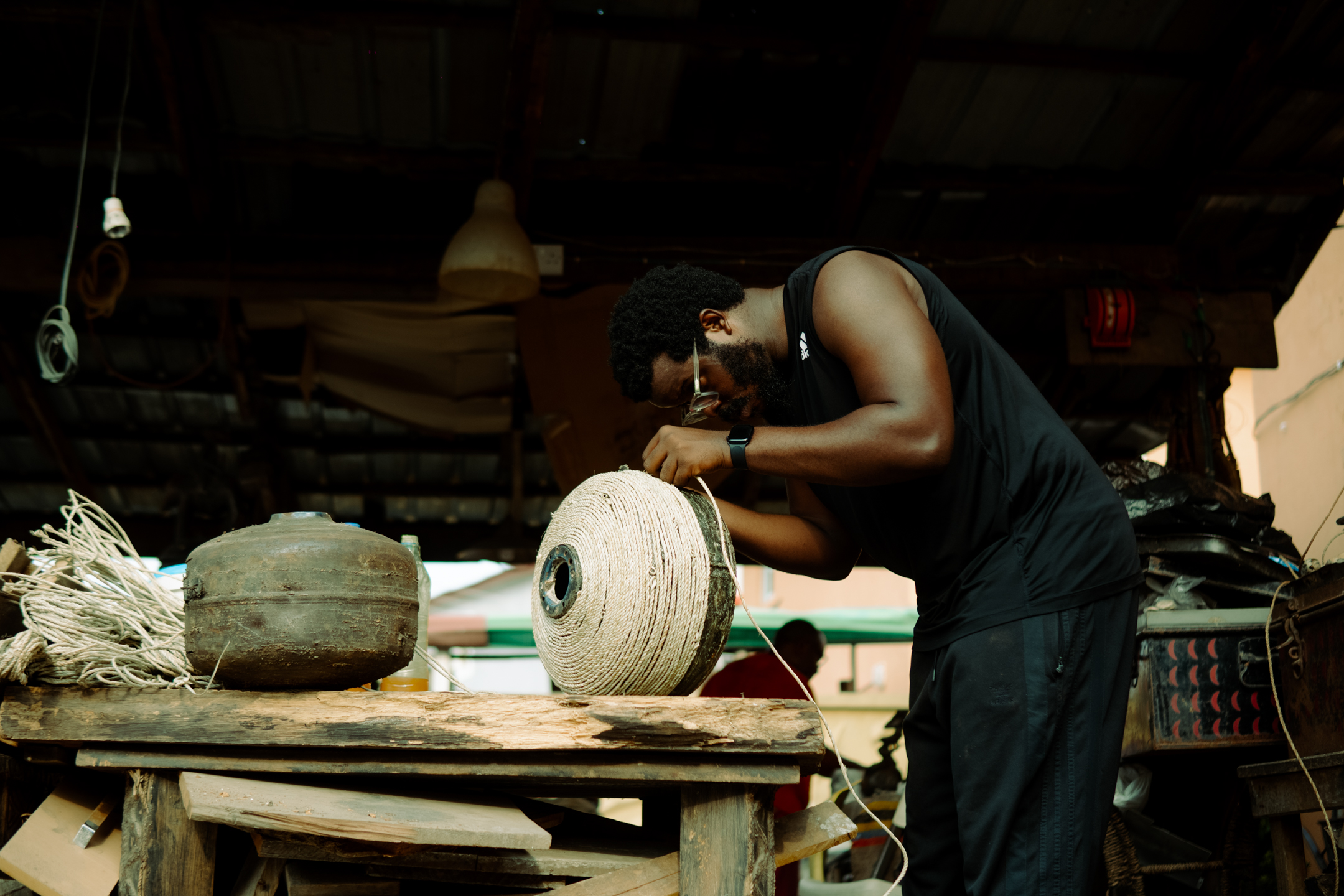
His Ozo chair – which was showcased at the International Contemporary Furniture Fair in New York City – is designed as an homage to the Igbo identity; its community and traditions. At the top of the chair is a crown-like arc which represents the ritual of receiving the chieftain title within the Igbo community: a fate that awaits Igwebuike himself, just like his father and grandfather before him. In fact, the word ‘ozo’ refers to this rank in the traditional hierarchical system of the Igbo people of Nigeria, who are then seen as custodians of traditions, and influential figures within the community.
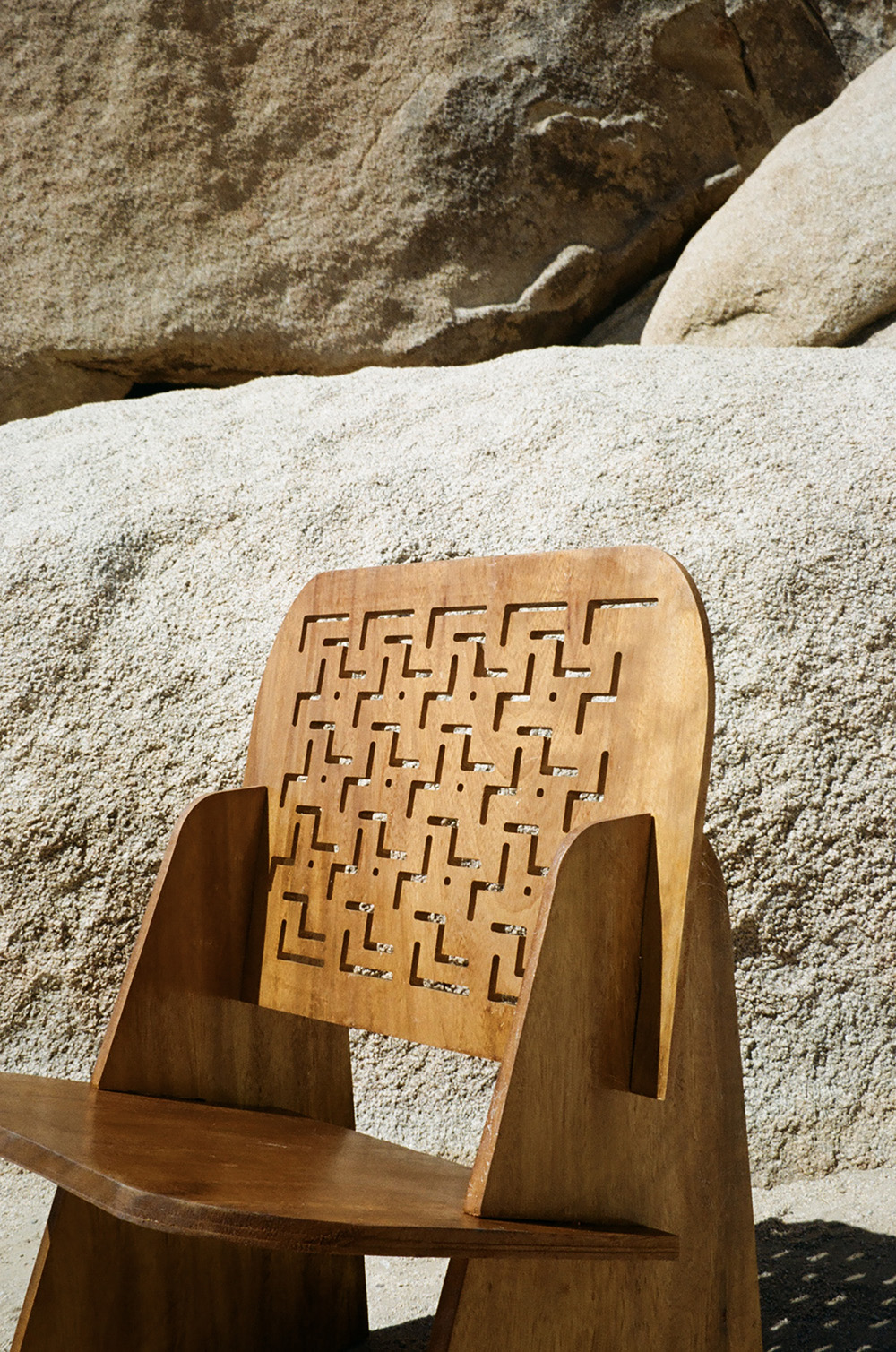
“The Ozo chair is a love letter and an embrace of my own fragility, of what I am about to face,” the designer confesses. “It is a crafted interpretation and [demonstrates] how I can personally resonate with this moment.” The chair is made from premium African mahogany, its curved form complemented by a black, circular stainless steel base: a modern contrast to the wooden seat. Igwebuike describes its grandiose simplicity as “restrained opulence”. Much like all Igwebuike’s works, the Ozo chair utilises locally sourced materials and is crafted by local artisans with whom the designer often collaborates, from painters and metal workers to carpenters.
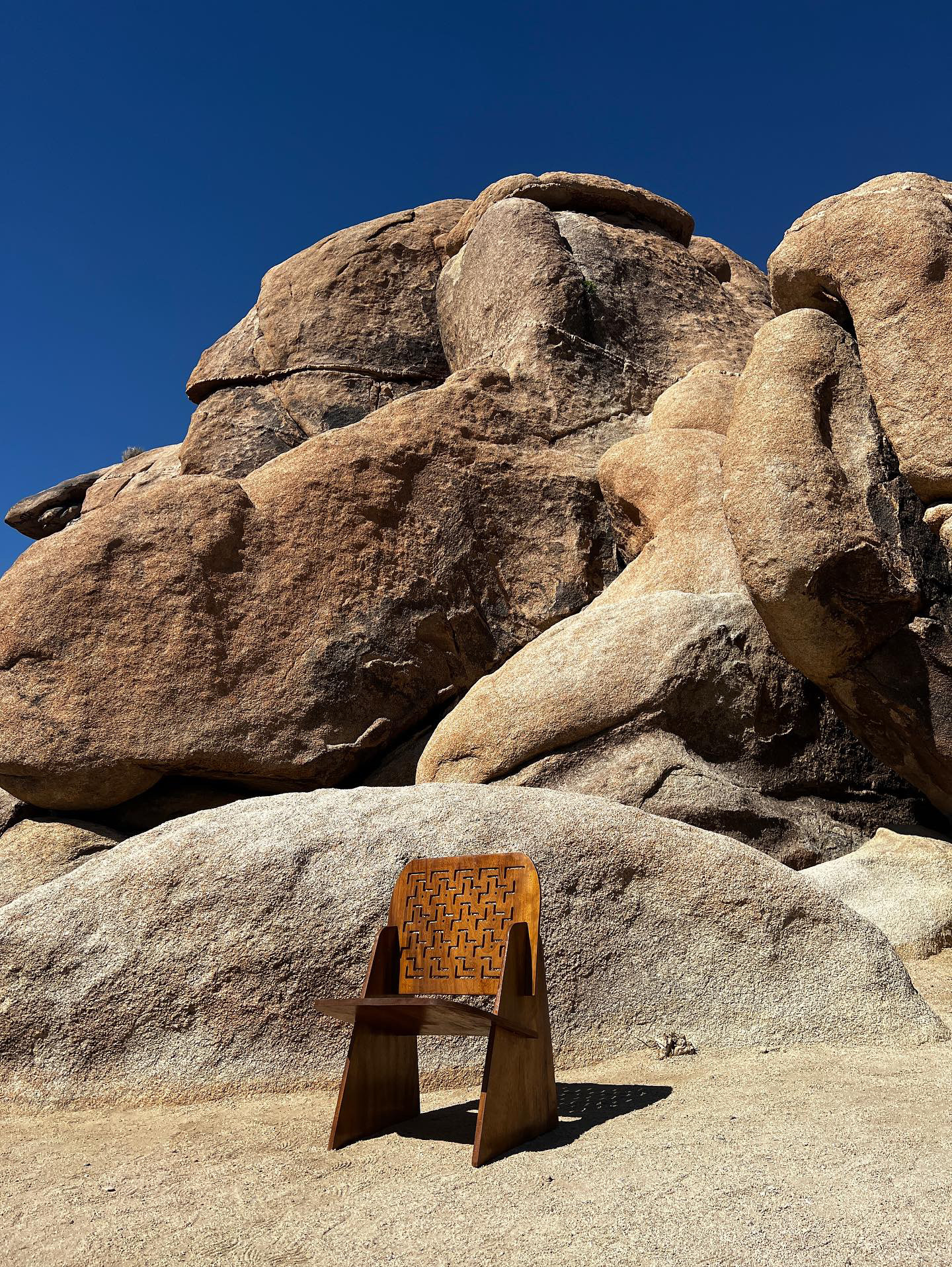
“In traditional Igbo design, the use of wood is significant due to the abundance of trees in the region,” Igwebuike says. “Wood is a readily available resource and was used extensively in the construction of buildings, furniture and other household items. It is also symbolic of the connection between the people and the natural world,” he continues, “and [of] the importance of sustainable practices in preserving the environment. The Igbo people have a long history of using natural resources in responsible and sustainable ways, and this is reflected in the use of wood in their traditional designs.” The Ndali chair is another piece that is crafted using African wood, and can be easily assembled and taken apart, making it adaptable for any living space. The backrest showcases traditional motifs inspired by the designer’s ancestral home in Umeri, Nigeria.
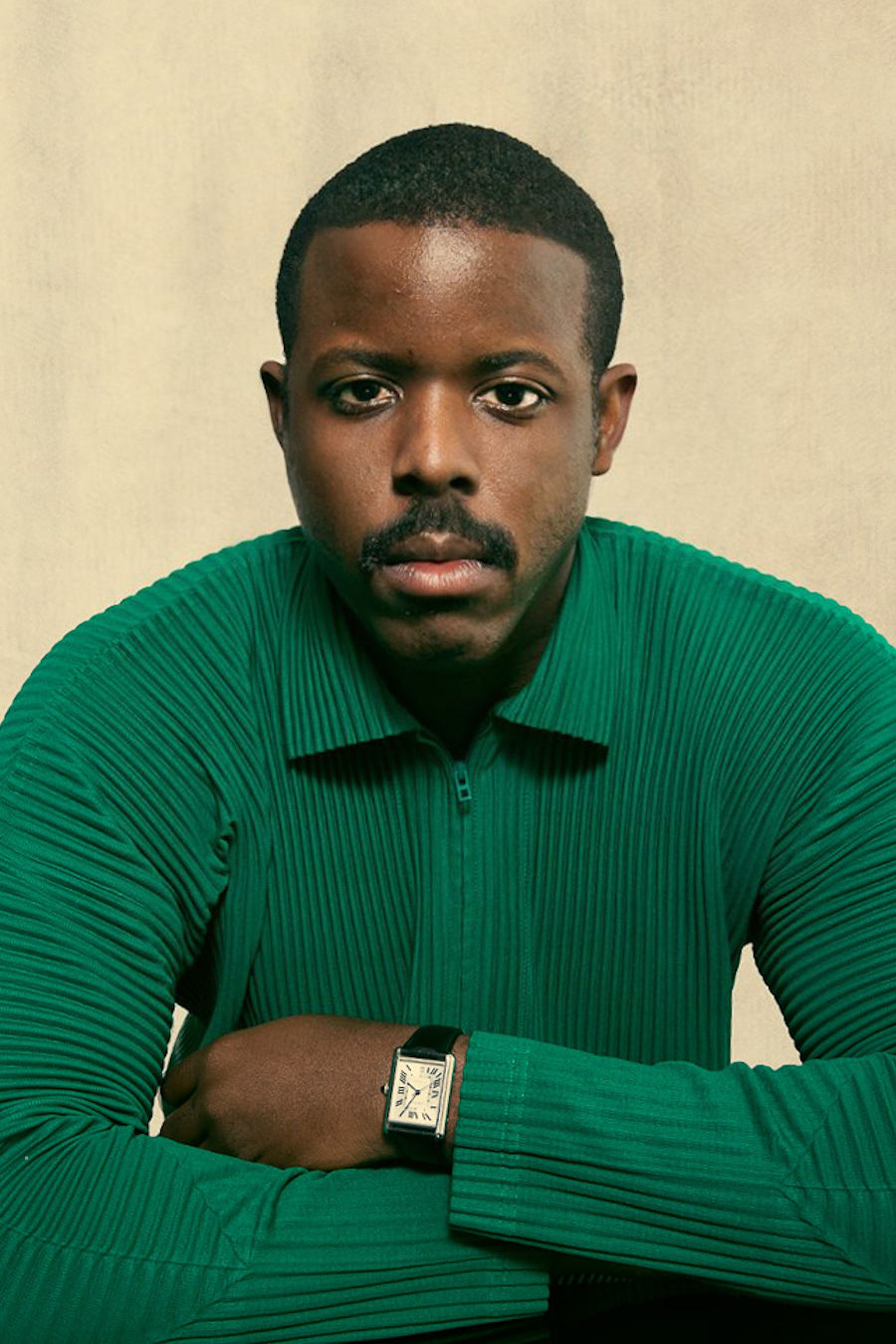
For Igwebuike, design is about more than just creating visually appealing designs. “I view design as a means to make a positive impact on the world, particularly within the African community. Through my work, I aspire to inspire and empower the next generation of African designers and creatives, while showcasing the incredible talent and potential that exists within Africa,” he says. “I believe that by showcasing the beauty, depth and innovation inherent in our heritage, I can reshape perceptions, inspire unity, and foster a global appreciation for the artistic legacy of Africa.”
The Latest
Elevate Your Reading Space
Assouline’s new objects and home fragrances collection are an ideal complement to your reading rituals
All Aboard
What it will be like aboard the world’s largest residential yacht, the ULYSSIA?
Inside The Charleston
A tribute to Galle Fort’s complex heritage, The Charleston blends Art Deco elegance with Sri Lankan artistry and Bawa-infused modernism
Design Take: Buddha Bar
We unveil the story behind the iconic design of the much-loved Buddha Bar in Grosvenor House.
A Layered Narrative
An Edwardian home in London becomes a serene gallery of culture, craft and contemporary design
A Brand Symphony
Kader Mithani, CEO of Casamia, and Gian Luca Gessi, CEO of Gessi, reflect on the partnership between the two brands
The Art of Wellness
Kintsugi in Abu Dhabi, situated in a seven-storey villa, offers the ultimate zen retreat
Design Take: Inside the Royal Suite at Jumeirah Al Naseem
With sweeping views of the ocean and Burj Al Arab, this two bedroom royal suite offers a lush stay.
Elevated Living
Designed by La Bottega Interiors, this penthouse at the Delano Dubai echoes soft minimalism
Quiet Luxury
Studio SuCo transforms a villa in Dubailand into a refined home
Contrasting Textures
Located in Al Barari and designed by BONE Studio, this home provides both openness and intimacy through the unique use of materials
Stillness, Form and Function
Yasmin Farahmandy of Y Design Interior has designed a home for a creative from the film industry

